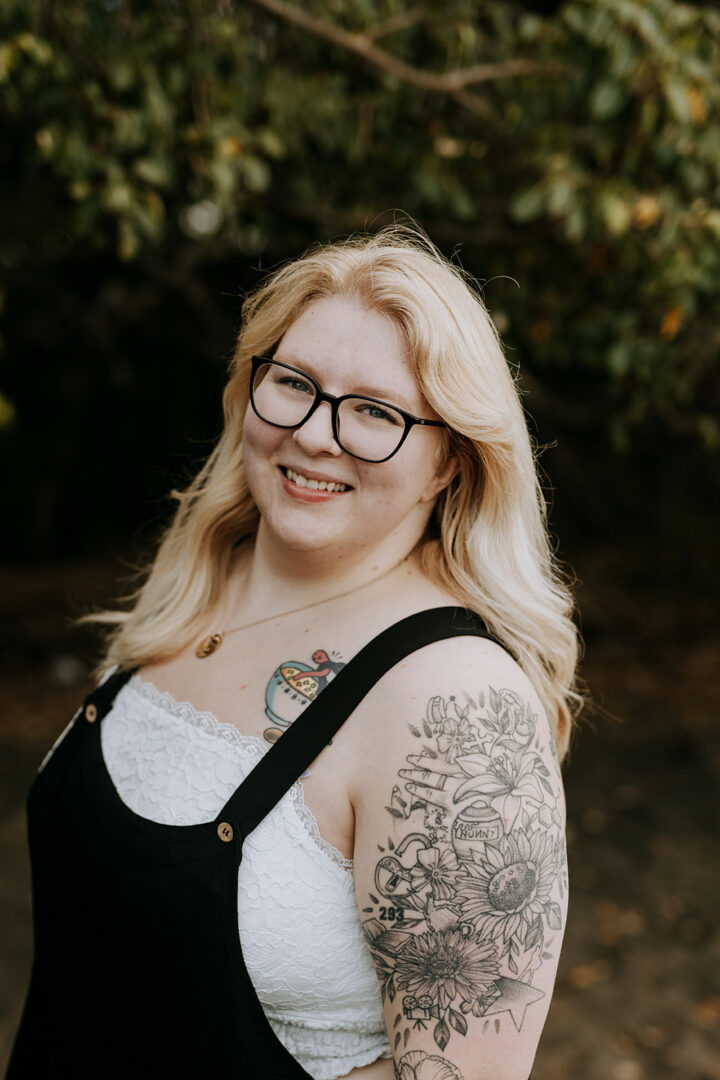We recently had the chance to connect with Becca Ferguson and have shared our conversation below.
Hi Becca, thank you for taking the time to reflect back on your journey with us. I think our readers are in for a real treat. There is so much we can all learn from each other and so thank you again for opening up with us. Let’s get into it: What are you being called to do now, that you may have been afraid of before?
A few years ago, I would’ve never imagined myself coaching other therapists. Back then, I thought being a “real professional” meant keeping my head down, focusing only on therapy, and pretending I had it all together. The idea of stepping into coaching felt way too big, like I’d be overstepping or trying to be something I wasn’t.
But after building my practice and seeing firsthand how many therapists are overwhelmed, isolated, and battling imposter syndrome, I realized those exact struggles are where I can make the most impact. What I’m choosing to do now is build resources, offer coaching, and create community in the spaces where I used to feel the most alone. It feels less like being “called to” something and more like finally giving myself permission to step into the work I wish had existed when I was starting out.
Can you briefly introduce yourself and share what makes you or your brand unique?
I’m Becca Ferguson, a Licensed Professional Counselor and coach who helps therapists build businesses that actually fit them. Sure, I create ready-made resources, but I’m not the kind of coach who promises to fix all your problems for $9.99 with a one-size-fits-all template. Neurodivergence doesn’t work like that, and neither do most real-life therapists.
I remember what it felt like to buy resources, hoping for validation that I wasn’t crazy, only to find people selling me what worked for them. That’s not what I do. I’m here to actively listen, connect, and help you uncover the systems that work for you. Sometimes that looks like creating new tools together, sometimes it looks like using your strengths and talents in ways you haven’t been able to see yet.
I deeply believe we aren’t crazy, but let’s be real. There are plenty of us that get stuck in practicing insanity, doing the same things over and over expecting different results. My work is about breaking that cycle and helping therapists find authentic ways to run their businesses without losing who they are in the process.
Amazing, so let’s take a moment to go back in time. Who were you before the world told you who you had to be?
Before the world told me who I had to be, I was endlessly curious. I wanted to understand how things worked, why people acted the way they did, and how all the little details connected. Back then, it was seen as being scattered or “too much.” What I didn’t know was that it was ADHD, and that my curiosity was actually one of my biggest strengths.
The funny thing is, mental health wasn’t something people around me talked about or encouraged. When I got anxious or overstimulated as a kid, I was told I had a “nervous stomach” and given acid reflux meds. Looking back, it makes sense those didn’t work. I didn’t need an antacid, I needed someone to talk to me about anxiety and neurodiversity.
That same curiosity that was misunderstood back then is what carried me into this work. It’s what helps me connect with other therapists now, ask the right questions, and build systems that actually work for their unique brains instead of forcing them into a box.
If you could say one kind thing to your younger self, what would it be?
If I could say one kind thing to my younger self, I’d tell her it’s okay to set boundaries with people, even the ones you care about. Boundaries don’t have to be hard lines in the sand that shut people out. For many of us who were raised in black-and-white environments, that might seem like a strange concept, but boundaries can be flexible, compassionate, and shaped around what you need in each season of life.
I’d remind her that boundaries aren’t about control. They’re about finding clarity. They help you notice how you want to show up and what to do when people push against the values you’re trying to build for yourself or your business. Some people will test them, and that’s okay. It doesn’t mean you’re doing something wrong. It means you’re growing.
Boundaries aren’t a punishment. They’re a form of care. It’s not always about keeping people away or cutting people off. Boundaries help you figure out who you are and what you value. I practice and model this alongside my clients and the business owners I coach, because none of us are perfect at it. We’re all learning how to do it in real time, and that’s completely okay.
Alright, so if you are open to it, let’s explore some philosophical questions that touch on your values and worldview. What are the biggest lies your industry tells itself?
The biggest lie our industry tells itself is that burnout is a personal problem. Society acts like if therapists just had better boundaries, took more bubble baths, or color-coded their planners, everything would magically fall into place. The truth is, the system was never built to support us in the first place, and it definitely wasn’t built for every kind of brain.
Most of the “rules” we’re told to follow weren’t made for people who are neurodivergent, creative, or human enough to need rest. And yet, we’re told that if we can’t make those systems work, we’re the problem! When that rhetoric is put out there, the pressure builds and the unrealistic expectations from society put our helpers and healers in their own mental health crisis.
What I’ve learned is that authenticity isn’t about pretending to be okay inside a system that’s not working. It’s about admitting that the system itself needs to change. It’s okay to build something different, something that works for you and your clients. That’s not unprofessional. That’s honest. When people question how we run our practices, I try to remember that most of us were trained in systems that reward conformity, not authenticity. It takes time to unlearn that.
Okay, so let’s keep going with one more question that means a lot to us: When do you feel most at peace?
I feel most at peace when I’m creating something that helps people feel supported. Whether it’s a course, a template, or a system, I love knowing it can make things feel a little lighter for business owners in the helping and healing professions. I know what it’s like to try to figure it all out alone, and I don’t want anyone else to feel that way.
Building these tools isn’t about perfection or productivity. It’s about helping people see what’s already working for them and giving them a plan that feels realistic and personal. I want therapists and healers to feel comfortable asking questions, not worried about saying the wrong thing or feeling like they’re behind.
Contact Info:
- Website: https://beccafergusonlpc.com
- Instagram: https://instagram.com/beccafergusonlpc
- Linkedin: https://www.linkedin.com/in/beccafergusonlpc
- Facebook: https://facebook.com/beccafergusonlpc21
- Youtube: https://www.youtube.com/@beccafergusonlpc
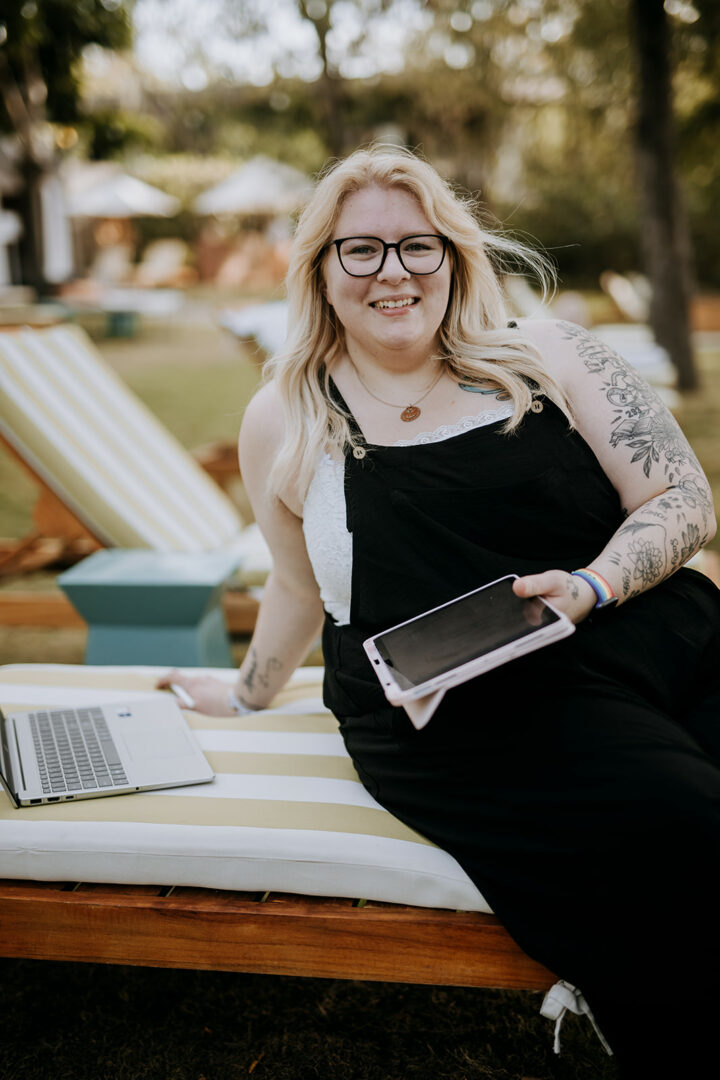
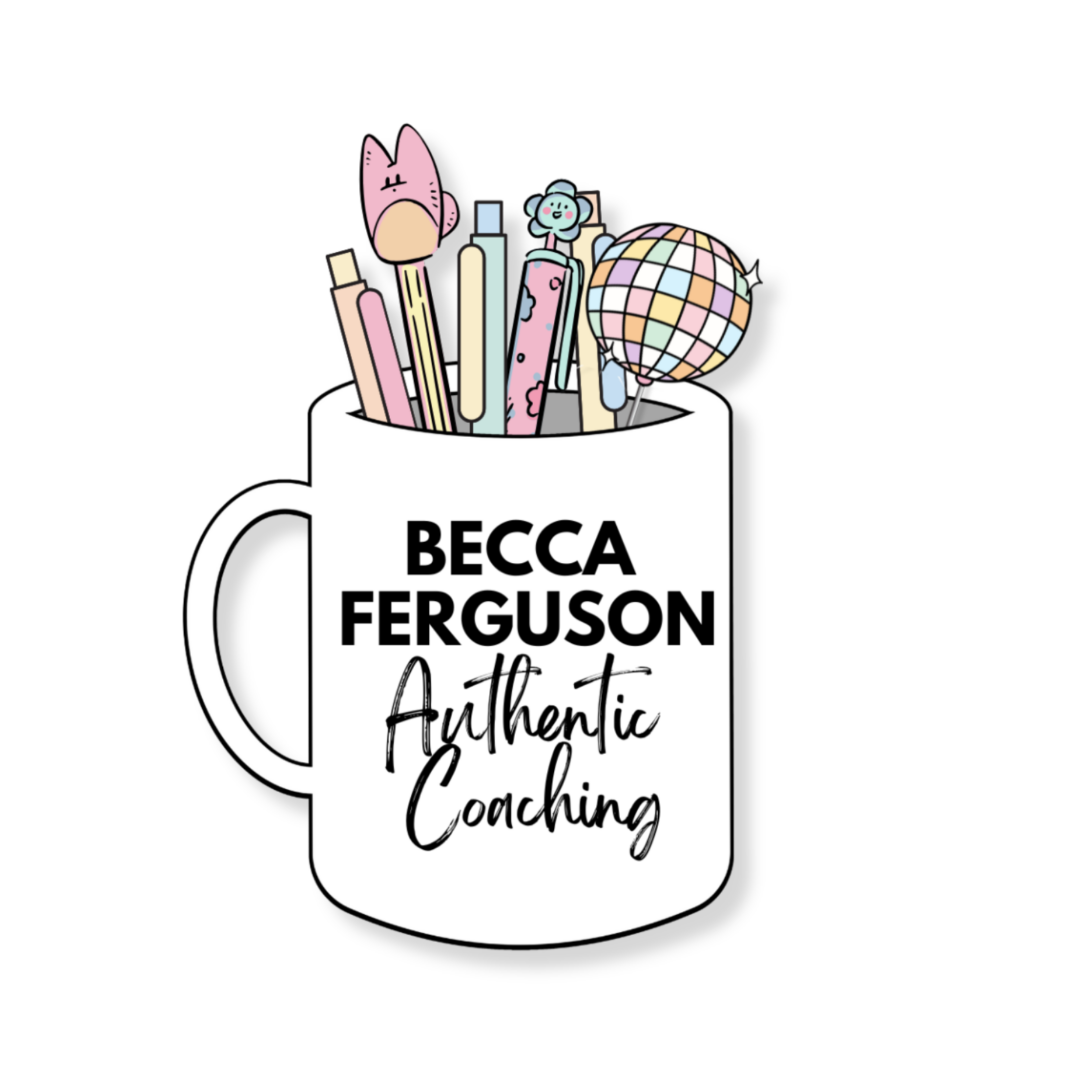
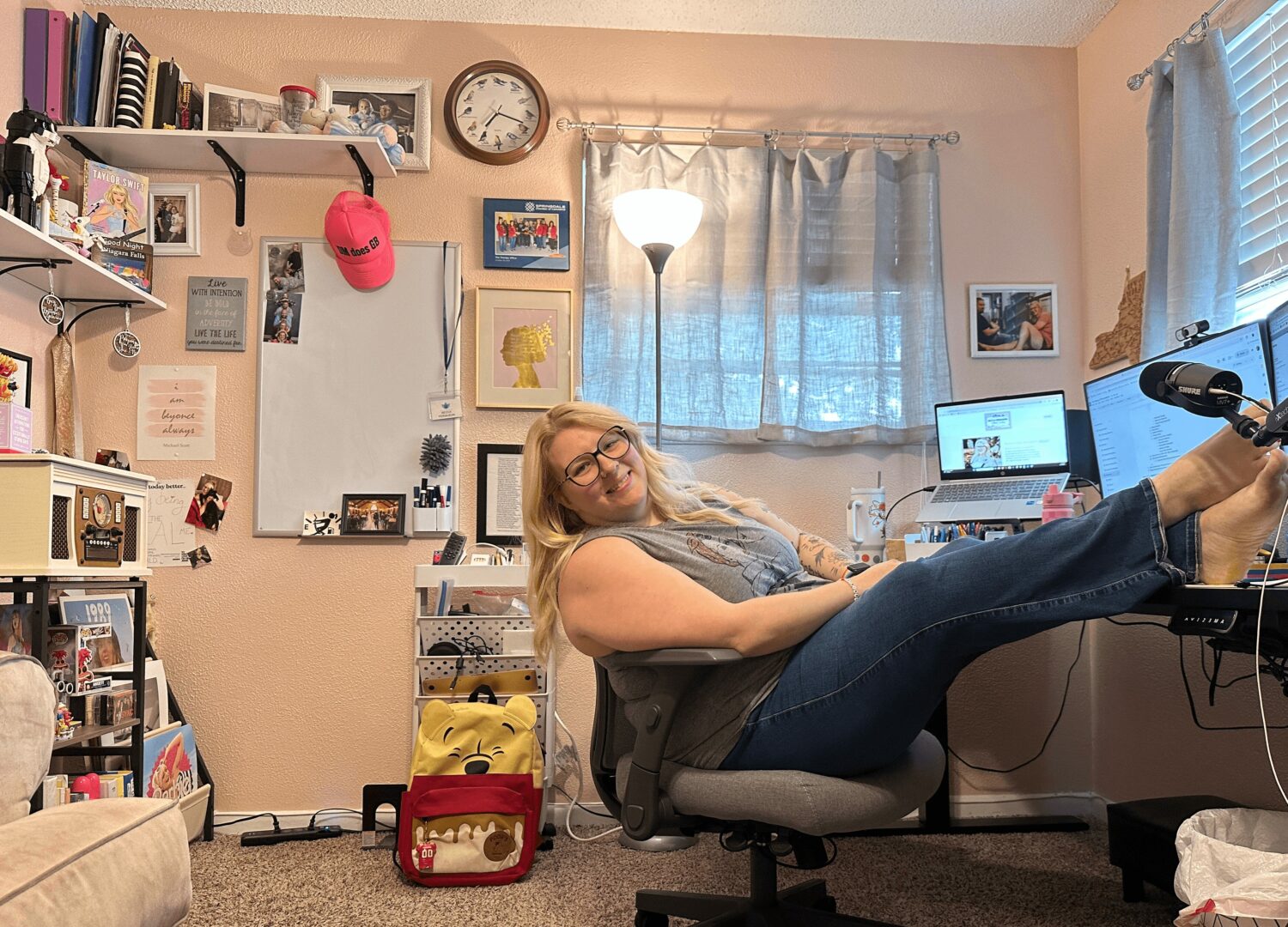
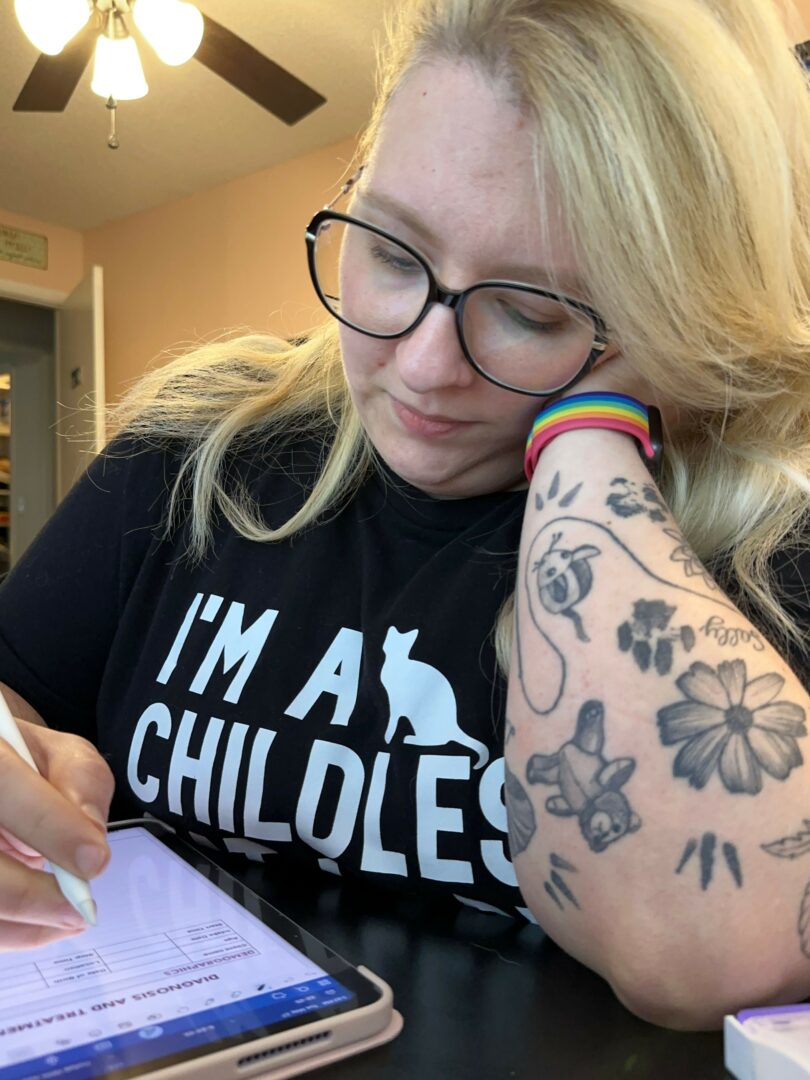
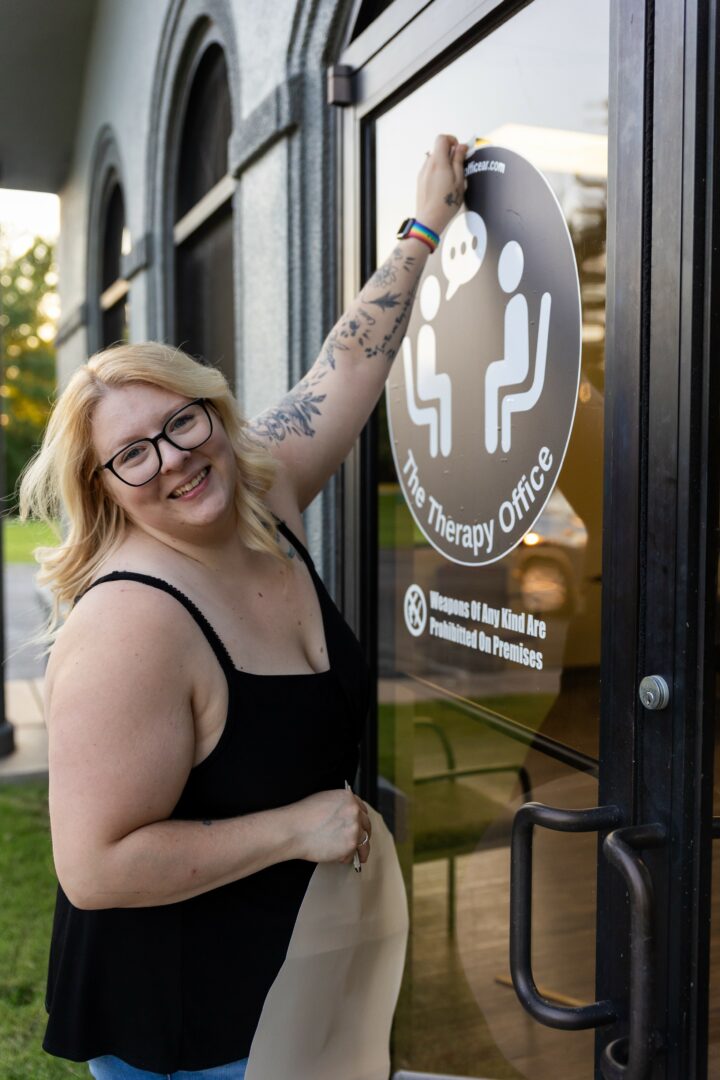
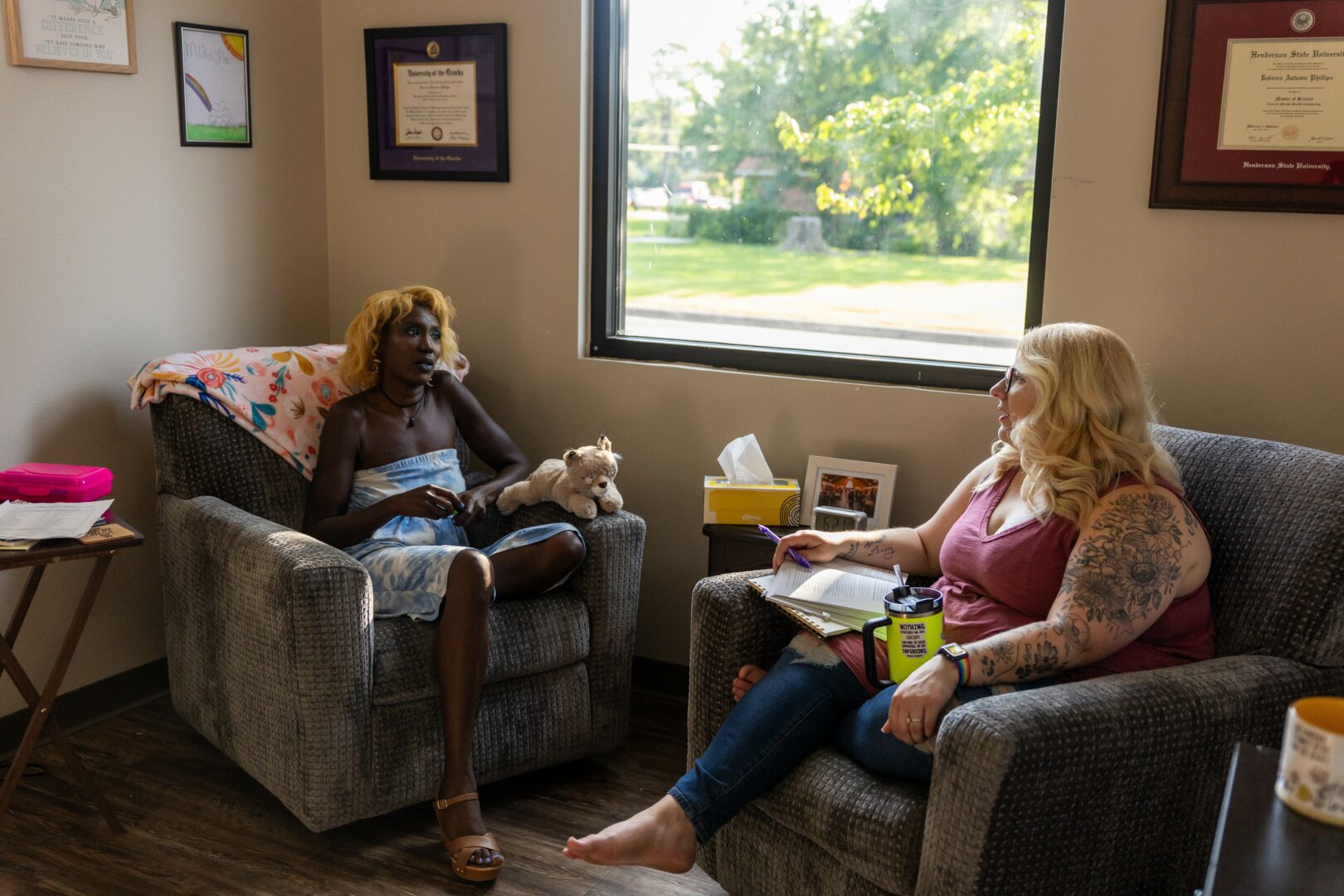
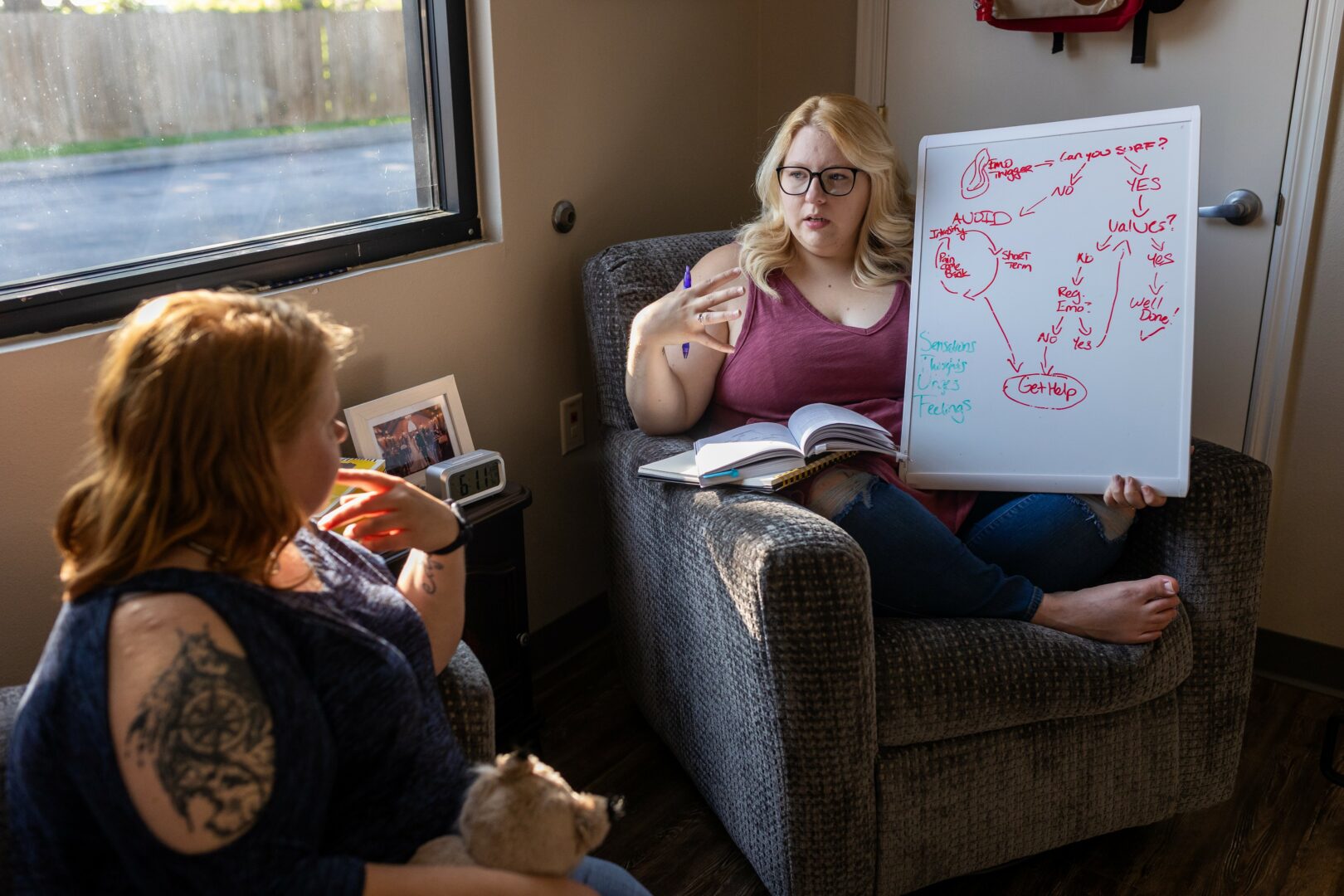
Image Credits
Monica Ray Photography
Allen Kent Photography
so if you or someone you know deserves recognition please let us know here.

